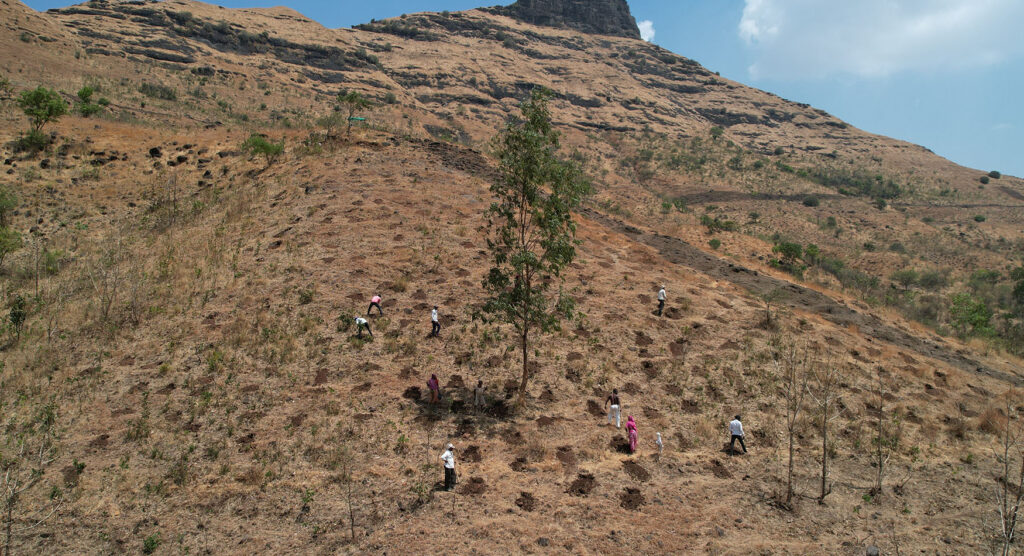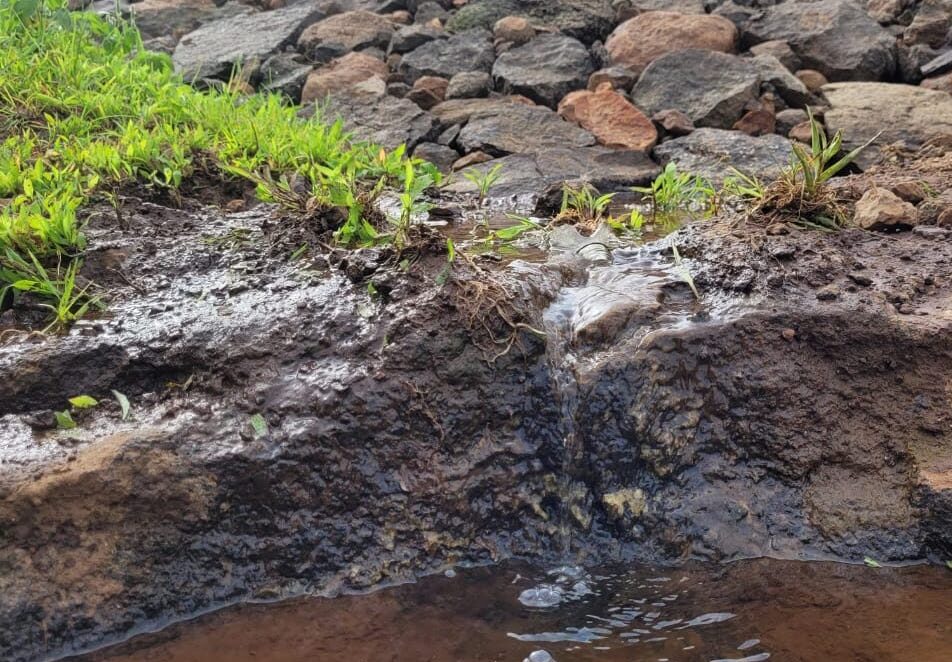In the lush, biodiverse landscape of the Western Ghats, nature’s balance is caving in. Once a thriving biodiversity hotspot, the region now grapples with rapid deforestation, unsustainable land practices, and the ever-looming threat of climate change. As trees vanish, so does the rich variety of life that once flourished under their canopy. Soil erosion worsens, water becomes scarce, and carbon emissions rise. For local communities, the impact is deeply personal—these ecosystems have long been their lifeline, supporting livelihoods and sustaining generations. Now, as natural resources deplete and environmental degradation intensifies, the urgency to heal the land and adapt to a changing climate grows ever more pressing.


The Re-Green Nation Program aims to combat deforestation, restore ecosystems, and increase community resilience to climate change by focusing on large-scale reforestation and sustainable land management. By involving local communities in the restoration process, the program creates a win-win situation where both the environment and livelihoods are enhanced. The approach integrates afforestation, biodiversity conservation, and water management to achieve long-term ecological and social benefits.
We support farmers owning medium to large land parcels to create food forests. Food forests include fruit trees, shrubs, tubers, herbs and vines whose yields are directly useful to humans. Food forests are usually a low-maintenance, plant-based food production ecosystems. They generate a sustainable income, control soil erosion, sequester carbon dioxide and conserve subsoil water.
Appropriate market linkages are established encouraging farmer’s entrepreneurial skills and the proceeds are returned to the farmers without any role of the middlemen.
Climate Action Footprint till March 2024:
Climate Action Footprint by March 2030:
These large lands that are barren due to excessive deforestation and human anthropogenic activity are taken over for creating carbon sinks. This is an integrated project and involves protection of grasses, soil and moisture conservation, controlled fire lines, community awareness and creating income opportunities through forest produce. The plants are a mix of food forest and native species that would normally grow in a local forest. The land is taken over for 5 to 7 years until forests become capable of surviving by themselves. Satellite based monitoring is done to check survival and growth.
Climate Action Footprint till March 2024:
Climate Action Footprint by March 2030: